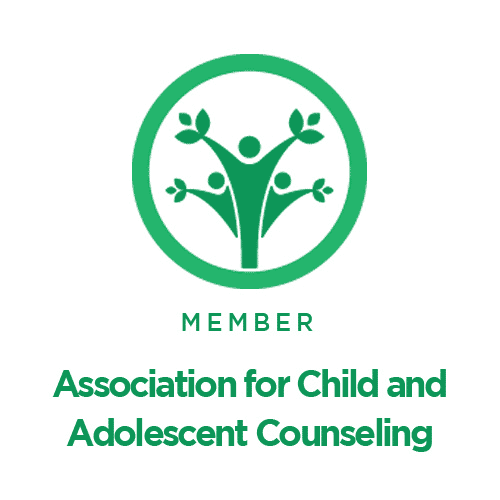Your child is disruptive in class, your child talks too much, your child is shy, your child hit someone, your child doesn’t follow directions, your child said a bad word, your child doesn’t complete their homework, your child is too wild, your child lacks manners, your child is too emotional, your child will not participate, your child can’t handle losing, your child is struggling, your child doesn’t have social skills… You get the point, this list could go on and on.
I have two children and have been on the receiving end of some of these comments… more times than desired 😉. While it’s not fun, I recognize that myself along with every other parent has something in common, OUR KIDS ARE NOT PERFECT! Have you as a parent accepted this? If you struggle to embrace this, it’s going to be a long hard road because there’s no choice in the matter. Instead, welcome their imperfection and provide the resources and support needed to better themselves. Here are some tips on how to adjust your expectations of the perfect child:
Expect your child will get it wrong: Your child will get it wrong often and that’s okay. Even child perfectionists struggle and have flaws. We need to mentally set this up as the expectation to prepare ourselves to step in and help the struggle or mistake become a learning experience. It’s also important to remember that learning is done over time. Not everyone can learn how to solve a math equation after one demonstration. Just know with enough time and repetition, the learning will eventually set in. Make sure to praise the effort.
Practice looking at their weaknesses as strengths: YES! There are many strengths that can be pulled from weaknesses. The ability to recognize a weakness and take steps to work towards improvement shows great strength. It’s not how you fall; it’s how you get back up!
Think about realistic expectations for your child: Think about what your child as an individual needs to succeed without being overtaken by the unrealistic, perfectionist, and impossible expectations the world puts on all of us. For example, a child with repeated aggression may need help to learn how to cope with big emotions and impulse control. Scolding the child and sending them back to school often will not help them work on the underlying problem. We can’t expect a child with poor coping skills to behave perfectly when triggered BUT, we can help this child learn to cope with emotions and expect some improvement over time.
Parents are not perfect: It’s easy to look at your child’s behavior as a reflection of yourself. Sometimes it is and sometimes it’s not. As a parent, you too will fail often, but their failures are not necessarily yours. Kids need exposure to imperfection in their parents, it normalizes it and helps them learn how to cope with it in others. When you can let go of the desire to be the perfect parent with the perfect child, life becomes a lot happier.
There’s a difference between doing your best and aiming to be the best. Aiming to be the best at everything simply does not work across the board. If you admittedly expect your child to be perfect or close to it, you’ve got to be exhausted! It’s time to realize that kids are kids and need to make mistakes to learn and grow. If you’re often on the receiving end of a “talk” about how your child is making mistakes, it’s a good time to think about how to best support the child towards becoming better. Counseling is a great option for kids to work on improvements. At A Little Counseling, WE DON’T FIX KIDS, we help them identify their personal strengths to cope with imperfection in life -- themselves included!
For parents, accepting imperfection can help in those moments when you feel mortified by something your child did. If you can’t relate, I promise this will happen at some point. When it does, remember, for every negative thing someone may tell you about your child, you can come up with 5 more positive and this does not define you or them. It just verifies’ s something we already know, NOBODY IS PERFECT 😉








